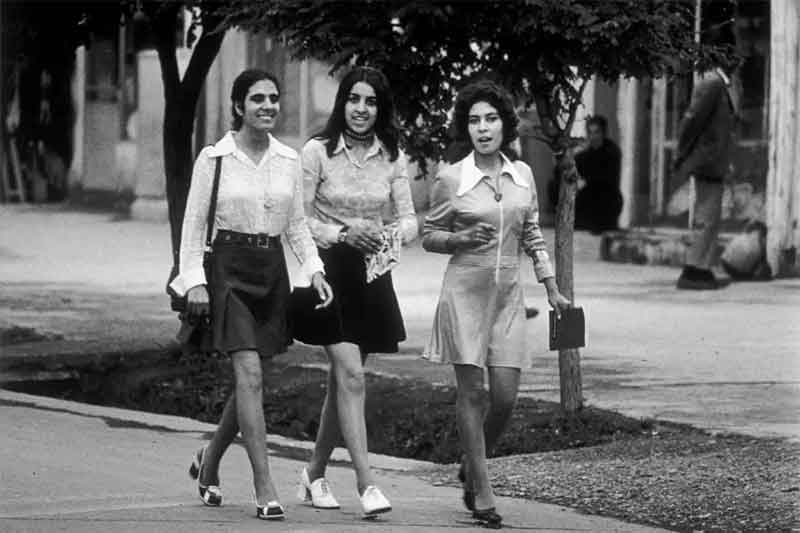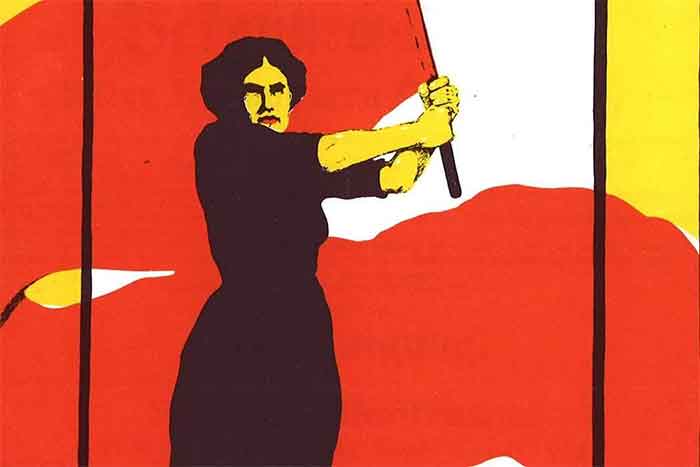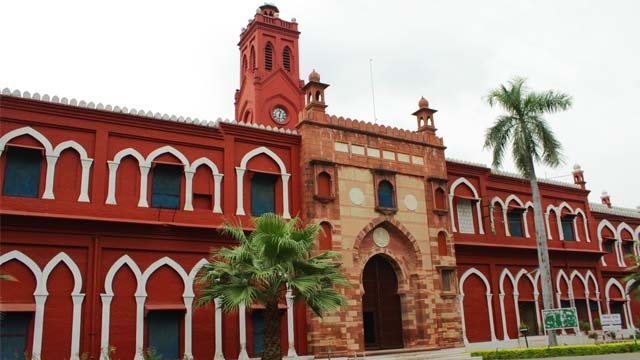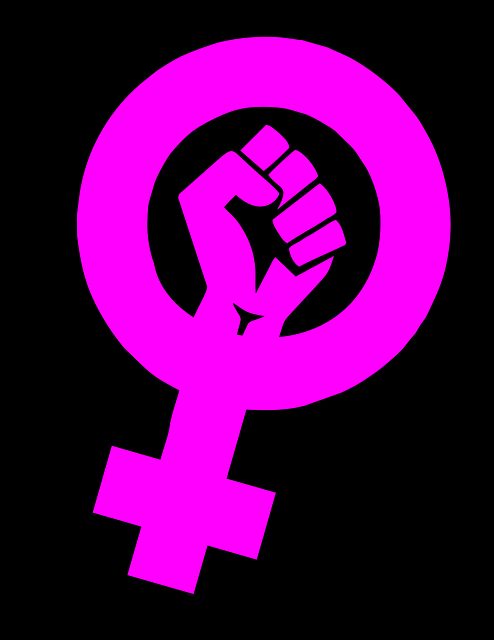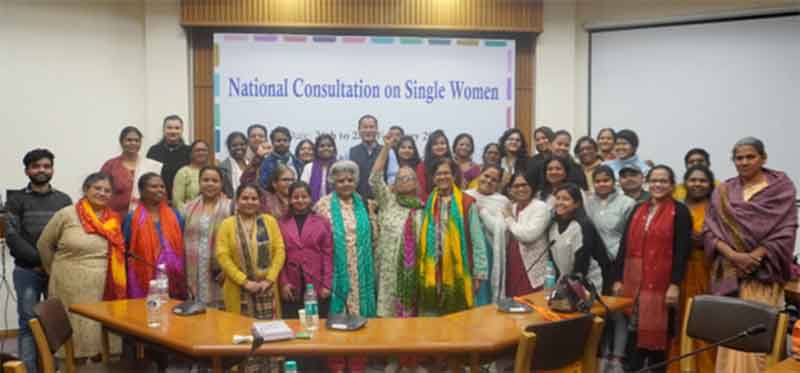Across ages, we have seen a persistent gender-based discrimination in India. This discrimination manifests in the form of gender-based violence (40% of women have experienced domestic violence), trafficking of women, sexual abuse (42% of girls have been sexually abused), etc. A low sex ratio also (940 females for 1000 males) indicates the prevalence of evil forms of patriarchy. India’s daughters are unsafe, unwanted, unequal and unfree. The Indian society is trapped in the ‘Chains of patriarchy’. These forces of patriarchy are fuelled by a narrow, parochial, feudalistic mindset which is prevalent not just in rural India, but also in urban India. Breaking the shackles of this mentality will lead to annihilation of patriarchy, but how do we do it?
In our conversations with Dr. Urvashi Sahni, we realized that just offering a support system to the needy does not help. It is a band-aid solution and does not address the root-cause. Dr. Sahni was puzzled with a similar question when she had started Suraksha (organization to help women, who were victims of abusive marriages and dowry practices). Suraksha was founded in 1983, the supposed ‘Era of dowry murders.’ Dr. Sahni found herself to be a part of the feminist movement in India, when her cousin passed away. Although her cousin declared that it was a suicide, it was clearly an act of crime. It clearly shook Dr. Sahni and woke her feminist consciousness. This incident highlights the importance of having a support system which will provide speedy, effective help for distressed women.

Feminist movement took a new turn, when many researchers discovered that it is not enough to ensure that more girls are admitted to schools and they complete their education. The term, ‘empowerment’ is widely used in feminist narratives, but it is used in conjunction with girls’ education only. The quality and purpose of that education is completely missed. It fails to break the cycle of conformity where the purpose of educating girls to make them free and independent doesn’t materialize. The powers of patriarchal social structures try very hard to maintain the regressive status-quo, where girls conform to these social norms. This is where ‘Critical Feminist Pedagogy’ might help in breaking the prevalent regressive, feudal and patriarchal social structures. Dr. Sahni believes, “Education is a powerful tool of social transformation, provided we transform education first.” Critical feminist pedagogy is based on theories developed by Paulo Freire’s ‘Pedagogy of The Oppressed’. It encourages people to indulge in critical dialogue, to question the authoritarian norms and to challenge the accepted societal rules. It leads children on a transformative journey where they critically assess, discuss and then accept structures. Dr. Sahni has listed a 4-step process of transforming social structures through feminist pedagogy. First step is to identify the narrow boundaries of discriminative gender, caste, race norms and various power structures. Second step entails understanding the existence of these evil forces and how they govern social structures. Third is to empower students to distinguish between these prejudicing social forces, by open discourse, rights-based framework and their sense of self-esteem. Lastly, to transform these social structures by student action.
Education should be about building the self and not just provide students with tools or skills which make them good enough for the industry or the market. Current education system does not answer existential questions like how to live, what is the meaning of life and does not build political or social conscience. Dr. Sahni’s own search for self, led to the realization that schools need to provide children with such answers. In this pursuit, she completed her Masters and a PhD in Education and was influenced by the feminist pedagogy which challenged age old traditions of teaching. Taking inspiration from this method of teaching, she developed a course called ‘Life Values’ in Loreto convent. It was in 1986, that SHEF (Study Hall Educational Foundation) was formed. SHEF directly provides education to 4000+ children in rural and semi-urban areas. Prerna, a school under SHEF, acknowledges the importance of critical feminist pedagogy and thus, this approach is incorporated in school’s official curriculum. SHEF also consults other schools (outreach of 1,00,000+ students) regarding this pedagogical approach. Prerna is proving to be a phenomenal success where 88.1% out of the total intake of girls go on to pursue graduate degrees.
Promoting gender education through compulsory subjects aimed at challenging regressive dogmas, making teachers the drivers of change and encouraging politicizing of discussions will yield desired results. Exposing children to the themes of modernism, secularism, feminism will lead to a permanent change. In all of this, what is our role? We should be the change makers. We should start by introspecting; we should examine how sexist we are, how conservative we are. We should accept the biases, opinions and beliefs we have. Dr. Sahni asks every one of us to join this battle against patriarchal, feudal structure by encouraging political discourse. When people discuss, debate and challenge orthodox practices, new ideas of development emerge. Each one of us should start by changing ourselves. As Mahatma Gandhi once said, “Be the change you want to see in the world.” Dr. Sahni acknowledges that the fight is long and hard, but it is imperative of Young India to not lose steam. She advises us to take one step at a time.
‘Critical Feminist Pedagogy’ provides us with a strong arsenal against our reckoning of patriarchal forces. The war against these evil forces will be won only if we manage to change ourselves and thus the society. Persistent effort with a vision of creating a society founded on values of social justice will bring about transformation of status-quo. Our Constitution is built on the foundation of social justice and we as responsible citizens should live the Constitution. We should aim to make our society open and liberal where girls are safe, wanted, equal and free.
Resources:
https://www.brookings.edu/wp-content/uploads/2018/12/US_Policy-Brief_FOR-WEBSITE.pdf
http://www.studyhallfoundation.org/urvashi-sahni.php
Deven Shah is pursuing MBA from the Indian Institute of Management Ahmedabad. He is an ardent believer of ‘education for all’ and has worked with an NGO towards empowering HIV+ and underprivileged children.
SIGN UP FOR COUNTERCURRENTS DAILY NEWSLETTER

